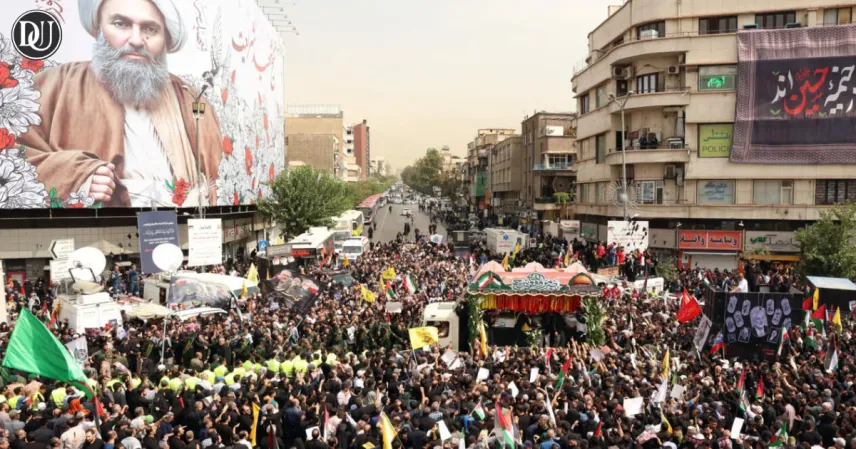The geopolitical crisis surrounding iran has reached a new boiling point as Tehran issued a stark warning against the United States. In a sharp escalation, iran has threatened to strike U.S. military bases in the region if any military action is taken against its nuclear facilities. This development comes amid increased global concern over the breakdown of diplomatic negotiations and the potential for armed conflict.
Mounting Friction Over Nuclear Ambitions
Tensions have been steadily building over iran's nuclear program, which Western powers fear is inching closer to weapons-grade capabilities. While iran maintains that its nuclear efforts are for peaceful purposes, its recent enrichment activity and lack of transparency with international watchdogs have reignited fears of regional instability.
This week’s rhetoric from Tehran was especially direct. Senior military officials warned that any strike or intervention by the United States or its allies would be met with “direct and immediate retaliation” against American assets in the Middle East, particularly U.S. military bases in Iraq, Syria, and the Persian Gulf.
U.S. Response and Trump's Doubts on Diplomacy
Former U.S. President Donald Trump, who has remained vocal on foreign policy matters, expressed doubt about the feasibility of a renewed nuclear deal. He suggested that the current administration is failing to exert sufficient pressure on iran to curtail its nuclear ambitions, calling the situation “more dangerous than ever.”
While the Biden administration has not commented directly on the new threats, sources from Washington have reiterated their commitment to diplomacy, even as contingency plans for regional security are reportedly being reviewed.
Regional and Global Implications
The potential for conflict has alarmed leaders across the globe. Israel, a longtime critic of iran's nuclear activities, is closely monitoring the situation and has not ruled out unilateral action if it perceives a direct threat. Meanwhile, Gulf nations worry that any conflict could quickly spiral and impact oil production, shipping routes, and civilian populations.
The European Union and United Nations have called for restraint and a return to negotiations, urging iran and the U.S. to avoid provocative actions that could lead to an uncontrollable escalation.
The Path Forward: War or Diplomacy?
With diplomacy at a fragile standstill, military analysts warn that missteps or misinterpretations on either side could lead to open conflict. The next few weeks will be critical in determining whether cooler heads prevail or if the region is pushed into another prolonged crisis.
As the international community watches anxiously, the message from Tehran remains clear: iran is willing to defend what it calls its sovereign right to nuclear development—even if it means risking confrontation with one of the world’s most powerful military forces.










